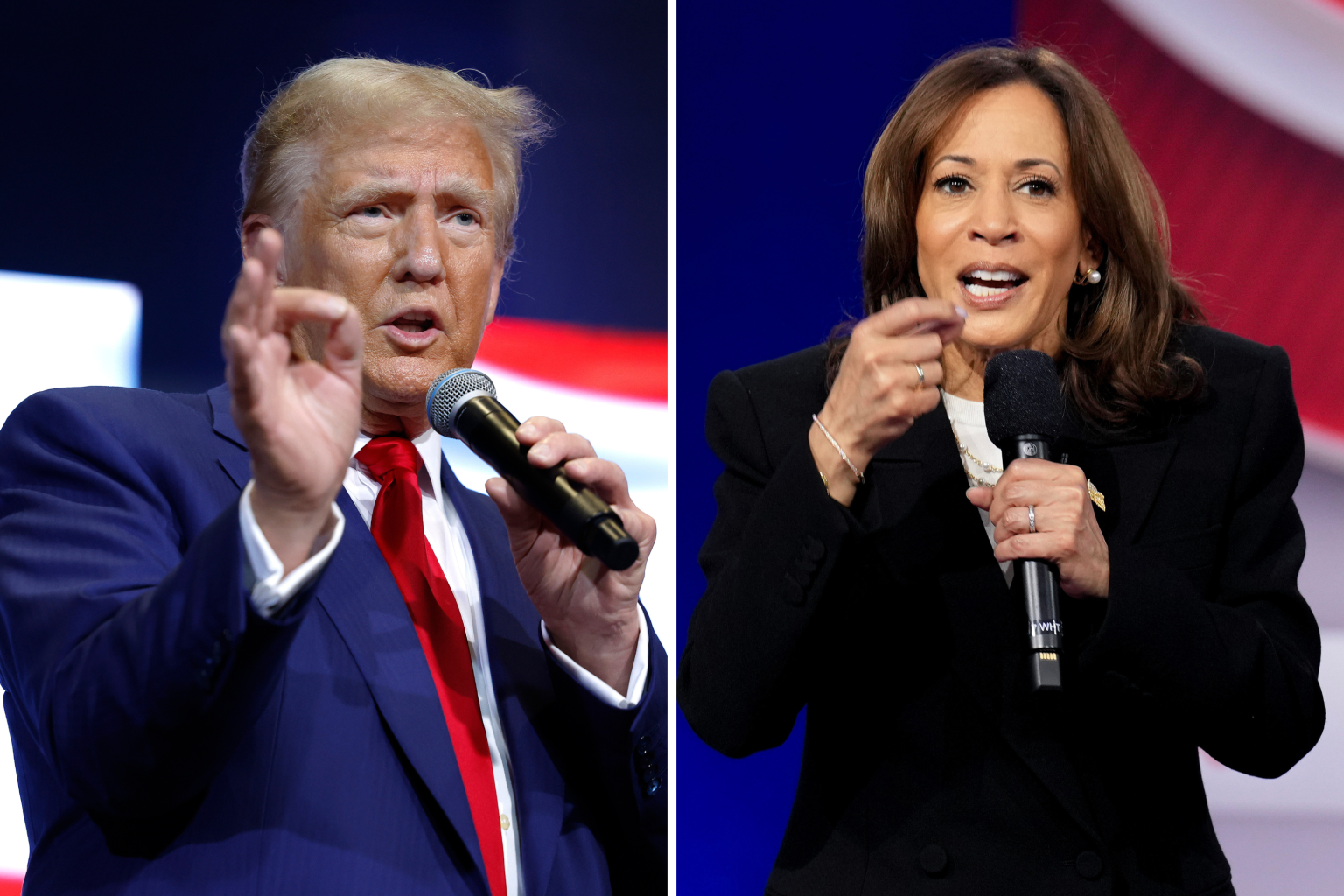The Washington Post stirred controversy after announcing that it would not endorse Vice President Kamala Harris or former President Donald Trump in the 2024 presidential race. Many Democrats expressed disappointment on social media, with some cancelling their subscriptions to the outlet. The decision led to backlash from supporters of Harris and other Democrats, as well as newsroom members. Democratic strategist Matt McDermott and actor Jeffrey Wright were among those who publicly shared their subscription cancellations in response to the non-endorsement.
Critics pointed out the Washington Post’s slogan, “Democracy Dies in Darkness,” highlighting a contradiction in their decision not to endorse a presidential candidate. Some users shared screenshots of the newspaper’s coverage of the Capitol riots incited by Trump, questioning the paper’s unwillingness to take a stand on the fitness of a presidential candidate. Former national security advisor Ben Rhodes criticized the self-censorship shown by institutions like The Washington Post and the LA Times in not endorsing a presidential candidate, citing concerns about authoritarianism.
The Post’s decision not to endorse a presidential candidate was an unprecedented move for the newspaper, which has a history of endorsing candidates in past elections. Publisher William Lewis stated that The Washington Post will not endorse any future presidential candidates, returning to a tradition of non-endorsement for presidential races. The editorial board previously endorsed President Joe Biden in 2020 and former Secretary of State Hillary Clinton in 2016, with scathing criticism of Trump as “bigoted, ignorant, deceitful, vengeful, petty, misogynistic, fiscally reckless, intellectually lazy, contemptuous of democracy and enamored of America’s enemies.”
Reports emerged that an endorsement for Vice President Kamala Harris was already drafted before the decision not to endorse any candidate was made public. Editorial page editor David Shipley had reportedly approved the draft endorsement for Harris, which was in the process of being finalized before the announcement. The Washington Post Guild stated that the choice not to publish the Harris endorsement was attributed to the newspaper’s owner, Jeff Bezos, who bought the paper in 2013. Shipley informed newsroom colleagues that the draft endorsement for Harris was under review by Bezos, raising questions about his involvement in the decision-making process.
The controversial move by The Washington Post sparked criticism from within the organization and beyond. Former editor-at-large Robert Kagen resigned from the editorial board in response to the decision, expressing disappointment in what he deemed as cowardice detrimental to democracy. Former executive editor Martin Baron condemned the non-endorsement on social media, characterizing it as a display of spinelessness that could be perceived as an invitation for authoritarian intimidation. The fallout from the decision not to endorse a presidential candidate continues to reverberate among readers, political commentators, and media professionals, raising questions about the role of journalism, democracy, and media independence in the current political climate.








